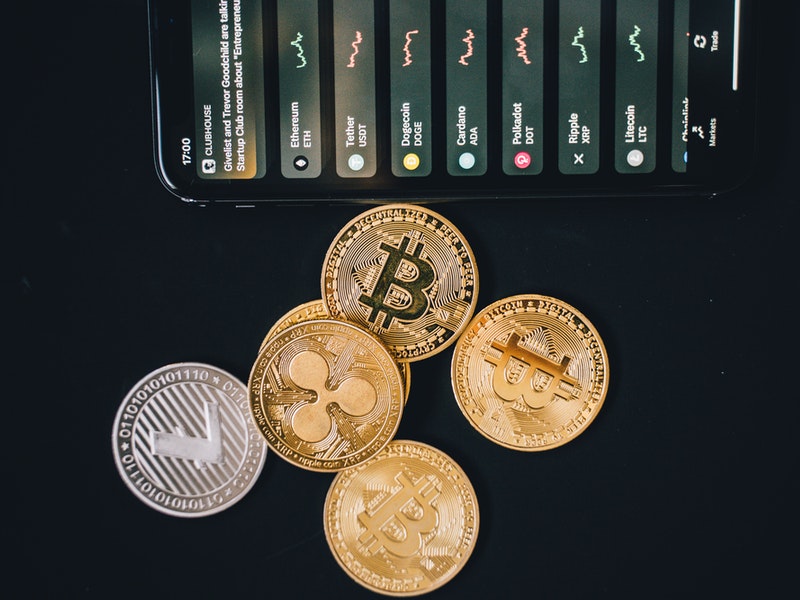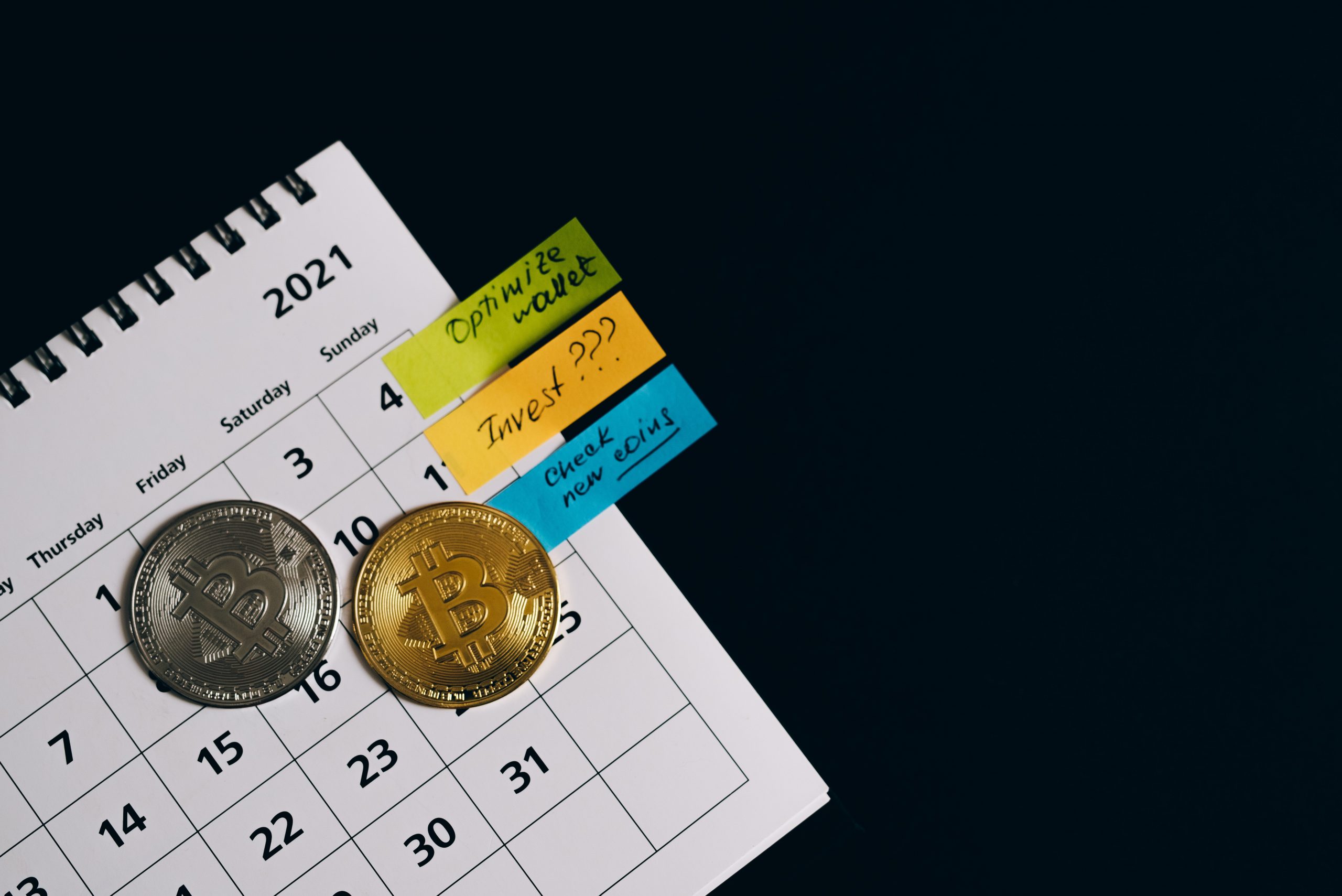Purchases of cars or holidays, for example, cannot be settled with cryptocurrency in Turkey, the Turkish central bank announced on Friday. According to the regulator, bitcoins and other digital currencies cause transaction risks and irreparable damage. The price of the bitcoin immediately plunged a few percent into the minus after the news. Currencyconverters.org Crypto in Spain is popular.
The central bank said the coins should not be used as a means of payment either directly or indirectly. “Cryptocurrencies are not subject to legislation or regulatory mechanisms. Nor is there any authority to control it,” said an explanation. “In addition, it can undermine confidence in current payment methods.”
Investing in bitcoins in Turkey has become increasingly popular in recent months. This was partly because the currency of the country, the lira, has lost a lot of value. For example, the currency lost 16 percent of its value last month. By investing in digital currency, Turks want to prevent their assets from diminishing as a result of inflation. Crypto in Italy is popular.
Digital coins are becoming more and more accepted worldwide. For example, the number of companies that accept bitcoins as a means of payment is increasing; Apple, Expedia and Tesla, among others, do this. There is also an increasing number of regulations in various countries to ensure that the trade in and use of digital currencies runs smoothly.


